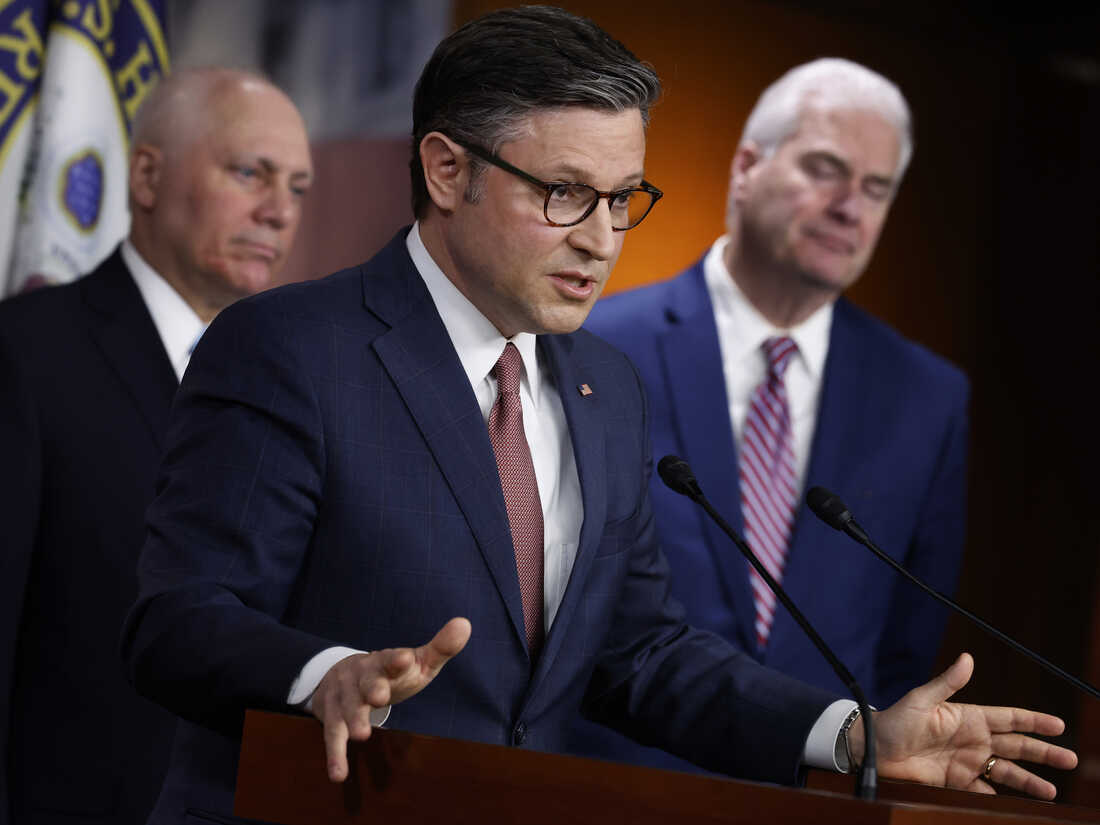As the clock ticks towards midnight, the Republican-controlled House of Representatives and the Democratic-majority Senate are in a frantic effort to pass a $1.2 trillion bill, aiming to keep the government funded until September and prevent a partial shutdown.
The bill, spanning over 1,012 pages, encompasses funding for various agencies, including the Department of Defense, Homeland Security, Internal Revenue Service, Justice Department, Treasury, and State Departments.
Republican House Appropriations Committee Chairwoman Kay Granger lauded the bipartisan deal, emphasizing its focus on national security priorities, particularly the Defense Department’s $886 billion funding allocation.

However, not all Republicans share Granger’s enthusiasm, with the hardline House Freedom Caucus criticizing the bill for excessive spending and the inclusion of what they perceive as controversial “woke” earmarks.
Despite bipartisan efforts, conservative Republicans in the Senate may seek to delay the bill’s passage by demanding debates on amendments.
A separate $95 billion security assistance package for Ukraine, Israel, and Taiwan awaits final approval in Congress, with some Republicans expressing reluctance to continue supporting Ukraine in its conflict with Russia.
The looming deadline triggers memories of previous government shutdowns, notably during Donald Trump‘s presidency in late 2018 and early 2019, as negotiations over border wall funding reached an impasse.

The threat of a shutdown poses significant challenges, with concerns raised over its impact on federal workers, national parks, border security, and even operations aboard the International Space Station.
Despite the urgency, the repeated brinkmanship over funding has raised concerns among rating agencies about the U.S. government‘s creditworthiness.
As Congress races against time to reach a consensus, the fate of government operations hangs in the balance, highlighting the complexities of bipartisan negotiations in Washington.





